From the first time you saw the fire truck responding to a call as a 5-year-old kid, you knew you wanted to be a fire fighter. You would see them in uniform in the supermarket, in parades on the city streets, at fundraisers supporting those in need and, of course, responding to emergency calls. You even visited a fire station during an elementary school field trip. The shiny rigs, the gear hanging on the racks, the crew looking like friends since childhood, and the smell of something delicious simmering in the kitchen. It just doesn’t get any better. All of these factors are what make the job of a fire fighter great. But this is only part of the life of a fire fighter. There are realities of the job that aren’t as visible to those not on the job, including families and loved ones.
- Your Shift: A 24-hour shift followed by two — and sometimes three or four days off — may seem like the dream schedule. The reality is, your shift will also fall on holidays, birthdays and other important dates, which can interfere with family gatherings.
- Your Job Duties: Yes, you will participate in fundraisers, shop in the local supermarket to prepare firehouse meals, and participate in fire safety education for children who admire and look up to you. On the other hand, you will also respond to calls where citizens, including children, are seriously injured or even killed.
- Your Health: The bonds you form with your coworkers will be stronger than you ever imagined. Unfortunately though, many fire fighters are injured or even killed at alarming rates; physical and health risks may be realities of the job.
- Coping Strategies: Firehouse humor and camaraderie are typical coping strategies for fire fighters who are routinely exposed to intense human suffering. The reality is, many turn to alcohol or drugs to cope and ease the pain. Some suffer with the long-term effects of post-traumatic stress disorder (PTSD).
- Getting Help: Many times, fire fighters struggling with PTSD, addiction or other mental health challenges think they have to be tough and suck it up and that there is no help available. The truth is, you’re not alone, and help is available.

As a fire fighter, paramedic, EMT or dispatcher, having your coworkers’ backs is a reality. If you or someone you know needs help, get their back. Break down the stigma, and make seeking help the new reality of the job. Talk to new members on the job. Let them know what they can expect and how to talk about and get help when needed. Let them know they are not alone and that those feelings, fears and anxiety are normal reactions to abnormal situations. Let them know that they don’t have to suck it up or push it down. Ensure family members are aware of the realities of the job and what they can do to help when needed. Managing expectations may help them recognize signs and symptoms earlier and reach out for help.
The IAFF Center of Excellence provides treatment for addiction, PTSD and other co-occurring disorders exclusively for IAFF members. If you or someone you know needs help for these disorders, call the center today to speak with someone who can help you down the road to recovery.




